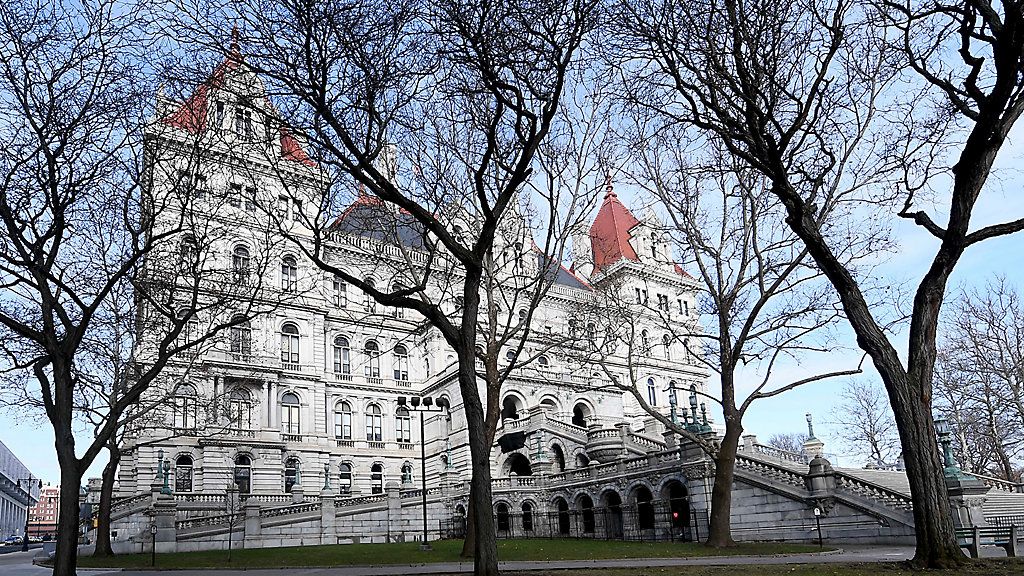New York's state budget outside of the Albany bubble often draws little attention.
Sure, there are items that can affect a broad range of New Yorkers, like last year when the spending plan banned plastic bags in supermarkets.
Still, for the most part, most New Yorkers will shrug when they hear the budget is approved in Albany.
This year is different -- both inside and outside the Albany bubble.
The Capitol, cleared of visitors due to the coronavirus pandemic, has been a ghost town as lawmakers cast votes remotely and only a handful of them debate the budget.
The budget will include short-term borrowing provisions, something Budget Director Robert Mujica said is necessary in order to bridge the gap due to the extended tax filing period.
The pandemic hangs over virtually everything in the budget. Education aid is being frozen in place. There are no tax increases, but a reduction in assumed spending. That spending will be adjusted throughout the year, but right now it assumes $10 billion less in funding than what Gov. Andrew Cuomo had initially proposed in January.
"This is a particularly difficult budget because there's no money and there's much fear and there's much stress," Cuomo said on Wednesday. "We've had to do the budget while dealing with this coronavirus situation."
Despite the changes the budget had to undergo to make it work for an uncertain future, Cuomo praised the final product.
"This budget is a robust budget," Cuomo said. When we did the State of the State, we had a lot of policy ideas that will help many, many New Yorkers."
A number of those policies for the environment and social justice issues, he said, will remain in the final version.
Cuomo announced a "conceptual agreement" (it's nice that even in these uncertain days, Albany's vague terminology for deal making are still deployed), but the Legislature as of 7 p.m. on Wednesday was yet to come close to final passage of all 10 budget bills.
The budget was conducted in an unusual degree of secrecy, even by Albany standards.
It includes an agreement on creating a system of campaigns financed by public funds and provisions that minor parties like the Working Families Party fear will eventually harm their ability to stay on the ballot.
What's not yet public is how the state's Medicaid program -- running a deficit far before the pandemic -- will fare. The same goes for whether the state's cash bail law will remain intact or be altered after months of debate and opposition from law enforcement.
All of this in a different time would be closely followed, tweeted, and reported on. Advocates and lobbyists would be making noise.
But that's not the case now as the public -- and state officials themselves -- focus on matters of life and death that seem unimaginable only a month ago.


